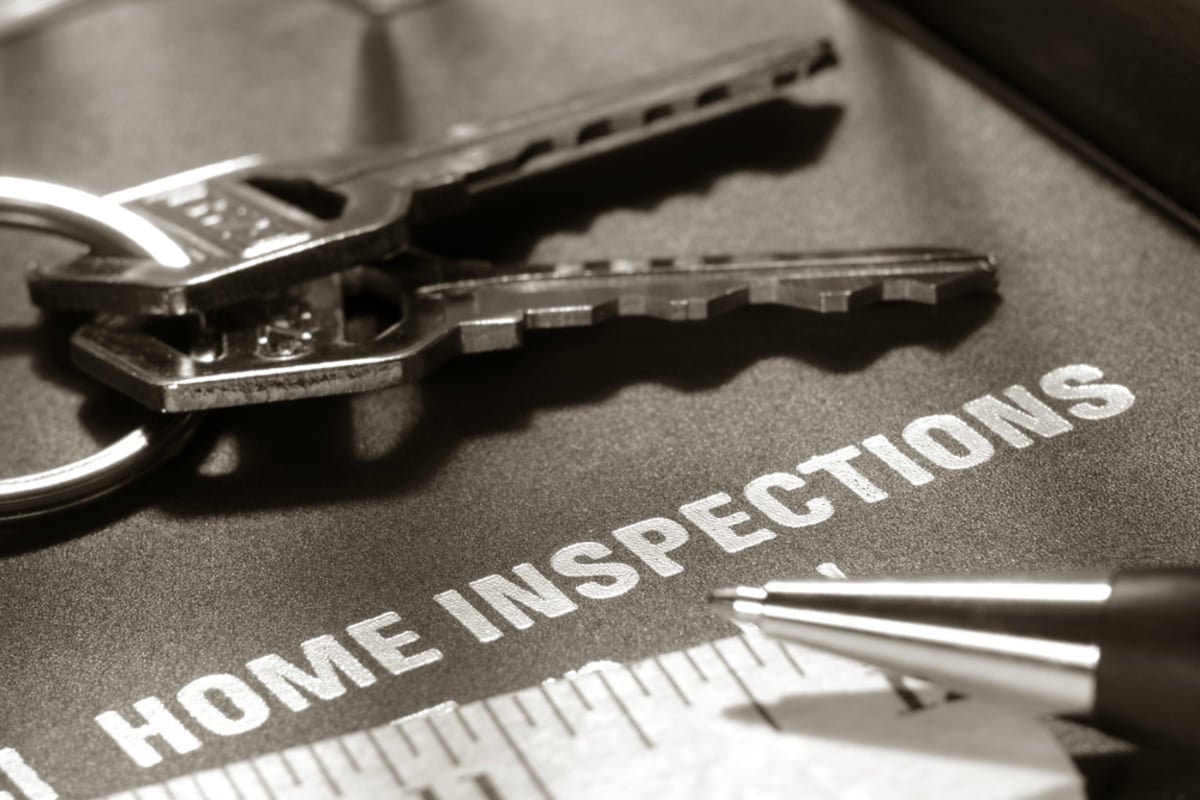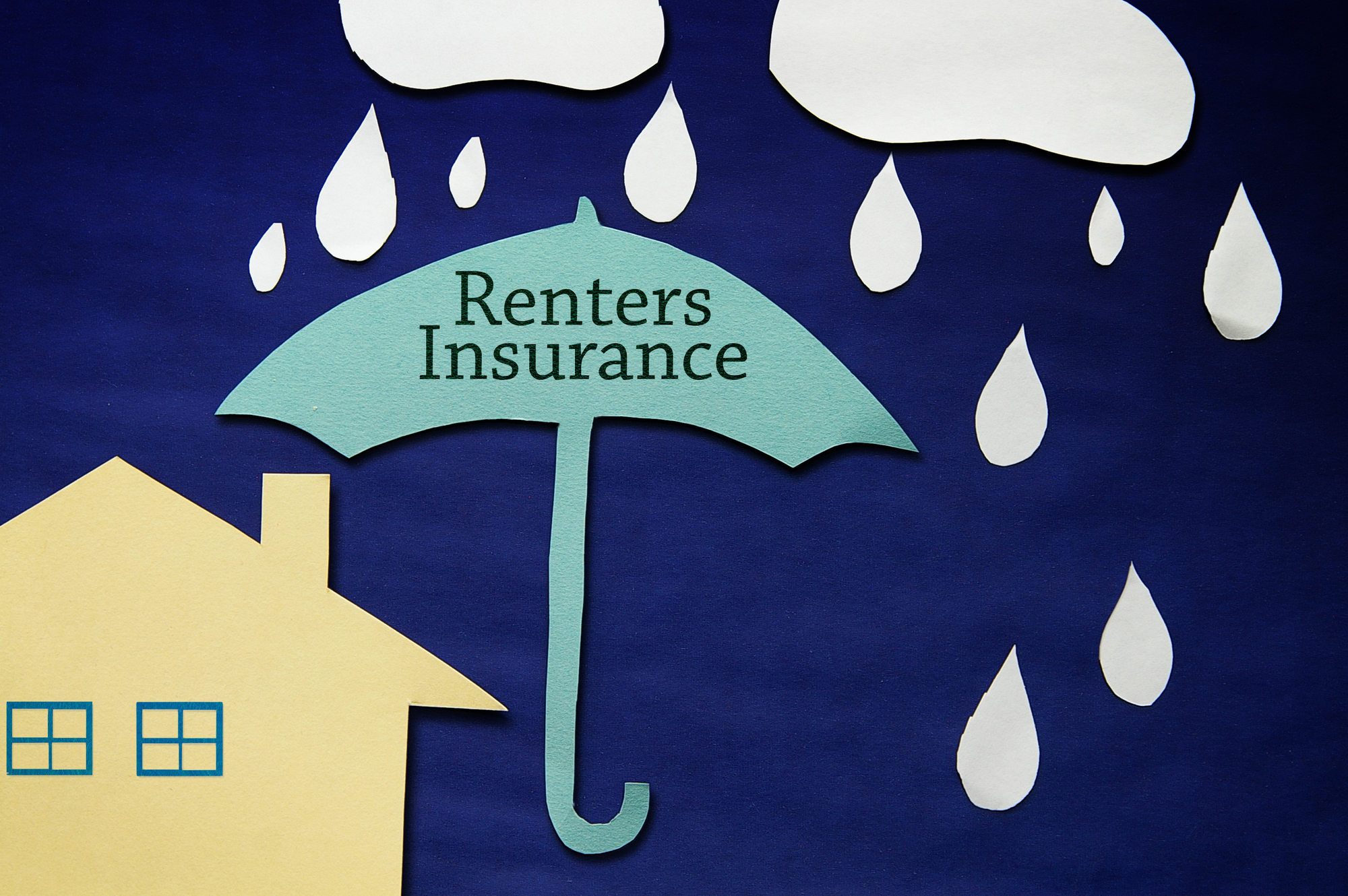If you're a rental property owner in Charleston, you may wonder if you should form a Limited Liability Company (LLC). Forming an LLC means structuring your business to protect you (the owner) from potential debts and liabilities. That way, you have personal liability protection regardless of owning one or several investment properties.
Let’s discuss the pros and cons of forming an LLC from the perspective of Charleston property management. However, it's important to note that this isn't legal advice, just an overview of how an LLC or other business entity can benefit you as a property investor!
What is an LLC?
Forming an LLC for property management means creating a separate legal entity to own and manage the properties. This structure segregates business assets from personal ones, lending the owner protection against liabilities arising from rental properties. For instance, if a tenant or a visitor gets injured on your property and decides to sue, only the assets of the LLC (i.e., the properties owned by it) are at stake, not your assets like your home or personal savings.
Furthermore, an LLC can also provide certain tax benefits, depending on your jurisdiction and specific situation. However, it's crucial to understand that while an LLC offers numerous benefits, it includes responsibilities like annual fees, paperwork, and separate tax returns. It's highly recommended to seek professional advice when considering forming an LLC.
Understanding Property Managers
Managing a property offers the ideal solution for investors who cannot live near a property and want to avoid dealing with a landlord. Many real estate investors have yet to desire to invest in investments, especially institutions. The responsibilities of a property manager may include supervising maintenance and work orders, doing light handyman cleaning and maintenance, resolving rent concerns and complaints, and advertising and leasing vacant apartments.
Property managers can provide valuable support when it comes to forming an LLC. They can guide you through the practical implications of managing properties under an LLC structure, including how to handle lease agreements, rent collection, and property-related finances. In addition, they can also connect you with reputable legal professionals or resources specializing in real estate and business law.
A well-experienced property manager can be a valuable asset, providing insights that can help you make informed decisions about the structure of your property investment business.
Landlord Liability Coverage
Landlord Liability Coverage, or landlord insurance, is a specialized insurance policy designed to cover property owners from financial losses connected with rental properties. The coverage typically includes property damage, lost rental income, and liability protection.
The liability protection component is particularly crucial as it shields the property owner from legal and medical costs if a tenant or a guest is injured on the property due to a fault in maintenance or if the tenant's property is damaged.
While LLCs and Landlord Liability Coverage both offer protection, they function differently. An LLC protects the owner's assets by limiting the association between personal and business assets. On the other hand, landlord liability coverage provides financial compensation for specified losses or damages.
It's essential to understand that having an LLC doesn't eliminate the need for landlord insurance. While the LLC provides a legal separation between your personal and business assets, landlord liability coverage offers protection by covering potential financial losses. Therefore, an optimal strategy for property owners might be to utilize both an LLC and landlord liability coverage to maximize protection. Once again, seeking professional guidance when making these decisions is always advisable.
 The Positives of Forming an LLC
The Positives of Forming an LLC
As a property owner, you must have legal protection or risk putting your private assets at risk. For example, if one of your renters files a lawsuit against your company, that could cause several of your private assets to enter into the lawsuit.
There are several benefits to forming an LLC, including:
-
Pass-through taxation: All of the profits and losses from your rental business pass through the company and to the owners and members who report them on their tax returns.
-
Personal asset protection: Forming an LLC forms a shield that protects your private assets from litigation. Because the LLC creates a separate entity, managing and keeping your assets protected is much easier.
-
LLC structures offer additional flexibility: Forming an LLC, even if you only have one property, creates more flexibility in your company's structure. An LLC allows you to decide who is involved in the daily decision-making—or to hire people with this expertise.
As Charleston property management professionals, we see most small-scale investors forming this business entity when they are just getting into the rental business.
LLC Difficulties
According to South Carolina's Uniform Limited Liability Company Act, all of the debts, liabilities, and obligations of an LLC are solely the company's debts, liabilities, and obligations. Therefore, no manager or member is liable for the debt, liability, or obligation.
While that benefits you as an individual investor, that doesn't mean an LLC is drawback-free!
Those drawbacks include the following:
-
Initial set-up fees: If you have an attorney set up your LLC, it could cost up to $2,000. Forming an LLC with the state of South Carolina costs $110 if you have some legal experience.
-
Protection limitations: If you fail to keep separate business books from your 'household records, your LLC's business structure isn't completely protected. If this occurs, a judge can bring your private assets into litigation.
-
Self-employment tax requirements: The taxes that pass through an LLC are subject to self-employment taxes for all members who work for your company—including you!
-
The requirement for annual filing fees: As part of your administration responsibilities, you must file an annual renewal notice. That renewal fee is close to or identical to the initial incorporation fee.
Even with the above points, forming an LLC is especially beneficial for investors who own multiple properties. Still, any property investor in Charleston can benefit from forming an LLC. Whether you invest in one property or several, an LLC offers pass-through taxation and asset protection.
When Should You Get Started?
Creating an LLC outlines the rights and responsibilities that all 'members' of the company must follow. This operating agreement helps you manage your properties seamlessly while protecting all LLC members should legal issues arise.
Before purchasing a rental property, you might wonder if and when you should form an LLC. Even though you can form an LLC anytime, it's best to do so before purchasing an investment property or renting out a spare home. That way, you can avoid potential issues, including the following worth noting:
-
Your mortgage company must receive notification regarding the transference of the title to an LLC.
-
It's your mortgage company's right to close the mortgage and issue a new loan, which could result in closing costs and a higher interest rate.
-
You must update your rental leases and notify your renters about the LLC.
-
Forming an LLC after purchasing property could trigger additional taxes, including the Title Transfer Tax.
When you form an LLC before investing in property, then you can purchase it under the LLC's ownership. That means the property's deed will be in the LLC's name. However, if you form the LLC after purchasing an investment property, you must transfer the property's deed to your newly formed LLC.
Still, despite these issues, we know from our experience as a Charleston property management provider that some form of business entity protects you as the investor—and that's protection worth consideration!
 The First Step to Protecting Your Investment with Charleston Property Company
The First Step to Protecting Your Investment with Charleston Property Company
Investing in property has several risks and rewards. Knowing how to manage your company from top to bottom—including whether or not you should form an LLC—involves significant research and resources.
Whether to form an LLC is just one element of protecting your investment property! As a property management company in Charleston, we know how to protect your investment and offer strategies for minimizing liabilities. Contact us today to learn more about how we can help you successfully manage your property investments in Charleston!
For more help, download our Protecting Your Investment Property: A Guide today!


 The Positives of Forming an LLC
The Positives of Forming an LLC The First Step to Protecting Your Investment with Charleston Property Company
The First Step to Protecting Your Investment with Charleston Property Company






